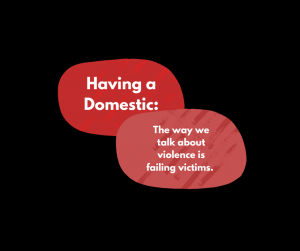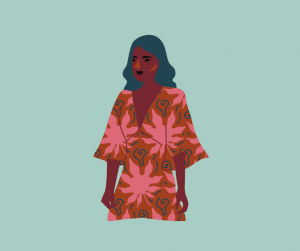Amy Kate is a psychologist and founder of the Mindful Collective in Paddington. We asked her what advice she would give to students struggling with the lockdown.
Instagram | Facebook
View this post on Instagram
“I think for students, some of the biggest things that are concerning about this situation is the fact that it’s so ambiguous. It’s a new situation we haven’t encountered and it’s now unpredictable, so we don’t know what this is going to look like, we don’t really even know what the next day is going to look like. That ambiguity absolutely feeds rumination and almost a clinical level of worry.
Some strategies for that would be maintaining balance. We need to try and make sure that we are still spending different times doing achievement–based activities and connecting and just doing things for fun.
Then, try and identify if your worry is real or hypothetical. It is something we need to act on right now or is it something that might happen? Some people like to have a worry jar where they house their concerns and have a designated amount of time per day when they look at them. Some people like to postpone it, there are different kinds of ways to capture worrying.
Being compassionate towards ourselves and being mindful towards our self-talk around this helps. I find that [people who are] successful in managing things like this can be going through horrendously difficult times with being a student with a lack of routine, losing their jobs, yet their perception of the situation is helpful. It’s not necessarily positive, it’s helpful. They have a sense of gratitude despite what they’re going through, not gratitude for the situation, but looking for the people who in their perception are living out their values in this uncertain time. And most of them are also staying as mentally and physically active as much as possible and checking where they’re getting their information.
Get information from reliable news sources rather than news.com or Facebook because that can feed your worry rather than stopping it. It’s all about how things are worded, and that makes a really big difference.”








